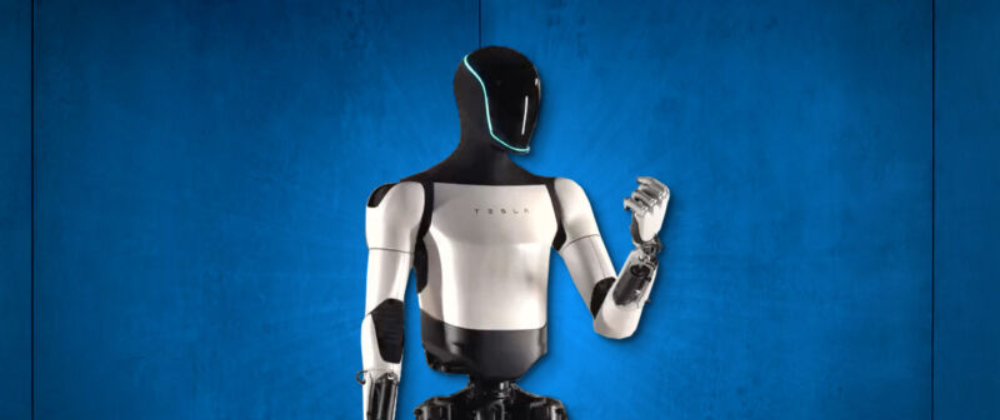Tesla, the electric vehicle giant, made waves at the World Artificial Intelligence Conference in Shanghai on Thursday by unveiling its second-generation humanoid robot, Optimus. The single Optimus robot on display attracted significant attention from attendees, despite being showcased behind glass and not interacting with visitors.
Tesla CEO Elon Musk has high hopes for the Optimus robot, stating that it could potentially increase the company's market capitalization to a staggering $25 trillion in the future. The Optimus is equipped with Tesla's self-developed neural network and computer vision technology, making it capable of handling multiple tasks.
While humanoid robots have started to be used in various sectors in China, including education, entertainment, healthcare, elder care, and factory manufacturing, they are still primarily in the research stage. Representatives from local exhibitors, such as Shanghai-based Fourier, Tlibot, Dataa Robotics, Robotera, Leju Robot, Shanghai Kepler Robot, and Ti5 Robot, showcased their own humanoid robot alternatives alongside Optimus.
However, the high costs associated with humanoid robots remain a significant barrier to their widespread deployment. According to an engineer from Tlibot, a company founded in 2012 in Mianyang, Sichuan Province, a humanoid robot can cost between 500,000 yuan (approximately $70,000) and 1 million yuan, depending on the complexity of its functions. In contrast, Tesla's Optimus is expected to be priced at up to $30,000.
Leju Robot showcased its Kuavo robot powered by Kaihong OS, an operating system derived from Huawei's OpenHarmony, an open-source OS for smart devices. Wu Changxuan, an engineer with Leju Robot, emphasized that developing software systems for humanoid robots is more challenging than the hardware, as the company explores ways to expand their applications.
Despite the challenges, Tesla's Optimus robot has generated significant interest and attention at the World AI Conference. The company's presence at the event, as one of the few American AI products showcased, underscores its ambitions in the field of humanoid robotics.
As the technology continues to evolve, it remains to be seen how humanoid robots will be integrated into various industries and whether they will become a common sight in our daily lives. Tesla's Optimus represents a significant step forward in the development of advanced robotics, and its showcase at the World AI Conference has undoubtedly sparked further discussions and interest in this rapidly advancing field.







Top comments (0)